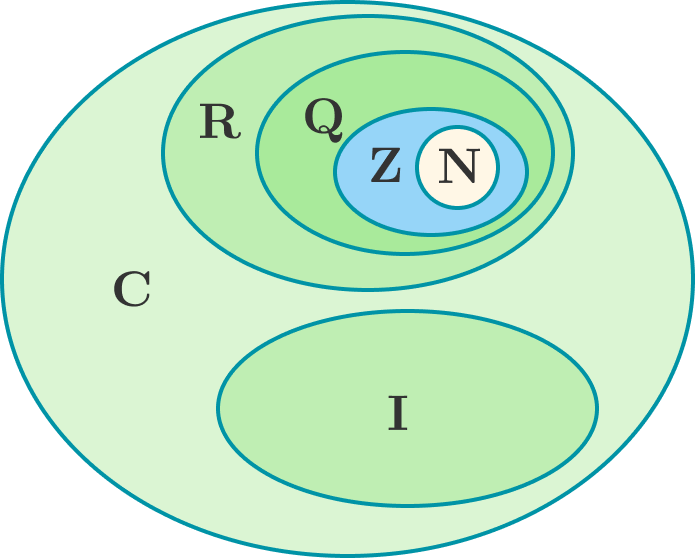Find the truth - Humanity at stake

Read the following statements:
1)
is a rational number.
2)
is an irrational number.
3)
is a rational number.
Give your answer as the mean of the serial numbers of the statements which are true.
E.g., if all statements are true, the answer is
Details and Assumptions:
- may not necessarily be the exponential constant and may not necessarily be equal to 3.14159...
This section requires Javascript.
You are seeing this because something didn't load right. We suggest you, (a) try
refreshing the page, (b) enabling javascript if it is disabled on your browser and,
finally, (c)
loading the
non-javascript version of this page
. We're sorry about the hassle.
It is unknown to humans if π e is rational or irrational. But this question can be solved.
Obviously, π e is either rational or irrational because it is real.
Now let's take 2 cases:
Case 1: π e is rational
Now let π e = r , where r is rational.
So statement 1 is true and 2 is false .
Statement 3 is saying that r 1 + 1 is rational. The reciprocal of a rational number is rational (except if it is zero). So r 1 is rational. Since rationals are closed under addition, r + 1 becomes rational, so statement 3 is true .
So, for Case 1 , the mean is 2 1 + 3 or 2 .
Case 2: π e is irrational
Now let π e = r , where r is irrational.
So statement 1 is false and 2 is true .
Statement 3 is saying that r 1 + 1 is rational. So r is also a rational because it is the reciprocal of 1 subtracted from a rational number. But this is not satisfied by the case, so 3 is false
So the mean for Case 2 is 1 2 or 2 .
So the answer to this question is 2 regardless of the rationality of the ratio e is to π .
Please upvote if you liked the solution.